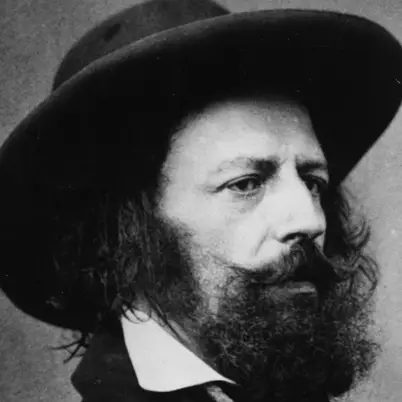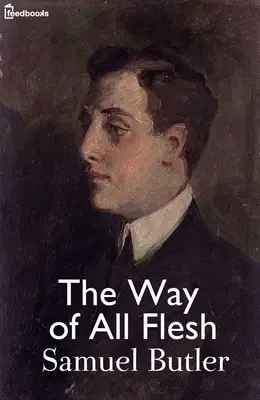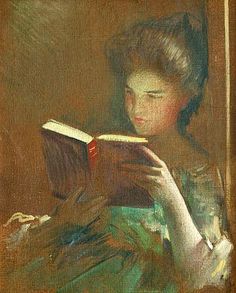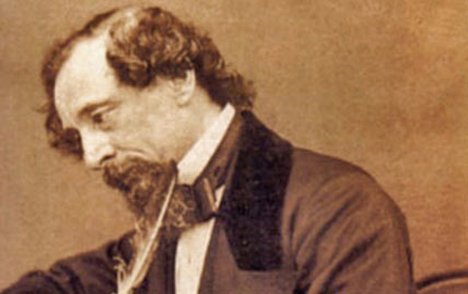As is quite evident from the title the kind of literature that evolved during the reign of Queen Victoria is famously known as the Victorian era literature.
The literature of the Victorian age (1837-1901) entered a new period after the romantic revival. The literature of this era was preceded by romanticism and was followed by modernism or realism.
Hence, it can also be called a fusion of romantic and realist style of writing. Though the Victorian Age produced two great poets Alfred Lord Tennyson and Robert Browning, the age is also remarkable for the excellence of its prose.

Characteristics of Victorian novels
Victorian novels tend to be idealized portraits of difficult lives in which hard work, perseverance, love and luck win out in the end. They were usually inclined towards being of improving nature with a central moral lesson at heart. While this formula was the basis for much of earlier Victorian fiction, the situation became more complex as the century progressed.

Characteristics of Victorian poetry
Victorian Poetry was also indifferent from the already stated style. Much of the work of the time is seen as a bridge between the romantic era and the modernist poetry of the next century.
Alfred Lord Tennyson held the poet laureateship for over forty years. The husband and wife poetry team of Elizabeth Barrett Browning and Robert Browning conducted their love affair through verse and produced many tender and passionate poems.

The reclaiming of the past was a major part of Victorian literature and was to be found in both classical literature and also the medieval literature of England. The Victorians loved the heroic, chivalrous stories of knights of old and they hoped to regain some of that noble, courtly behaviour and impress it upon the people both at home and in the wider empire.
In dramatic, farces, musical burlesques, extravaganzas, and comic operas competed with Shakespeare productions and serious drama by the likes of James Planche’ and Thomas William Robertson.
The discoveries of science seem to reflect considerable and particular effects upon the literature of the age. The Victorians had a mission to describe and classify the entire natural world. Much of this writing was not regarded as literature but one book, in particular, Charles Darwin’s On the Origin of Species, remains famous.
The theory of evolution contained within the work shook many of the ideas the Victorians had about themselves. Although it took a long time to be widely accepted, completely changed following thoughts and literature.

The old Gothic tales that came out of the late 19th century are the first examples of the genre of fantastic fiction. These tales often centred on larger-than-life characters such as Sherlock Holmes, the famous detective of the times, Barry Lee, big time gang leader, Sexton Blake, Phileas Fogg, and other fictional characters of the era, such as Dracula, Edward Hyde.
Common themes in Victorian Literature
If one studies possibly, all the great writers of this period, you will mark three general characteristics, Firstly, literature in the Victorian age tended to come face to face with realism.
This reflected more on practical problems and interests. It becomes a powerful instrument for human progress. Secondly, the Victorian literature seems to deviate from the strict principle of “art for art’s sake” and asserts its moral purpose.
Alfred Lord Tennyson, Robert Browning – all were the teachers of England with the faith in their moral message to instruct the world. Thirdly, this was more like the age of pessimism and confusion. The influence of science was strongly felt here.
Alfred Lord Tennyson’s some immature works seem to hold doubtful and despairing stains but his In Memoriam comes out as a hope after despair. Although characterized as practical and materialistic, the literature of the Victorian age portrays a completely ideal life. It was an idealistic age where the great ideals like truth, justice, love, brotherhood were emphasized by poets, essayists and novelists of the age.
Influence of Victorian Literature
The persistent popular embrace of Victorian literature has had a profound influence on modern literature and media. Writers such as Charles Dickens and the Bronte sisters still sell robustly on most book resellers’ lists and are frequently adapted into films and television productions, both directly and in modernized retellings.
In addition, many modern novels such as A Great and Terrible Beauty demonstrate that the intricate cultural mores of the Victorian era find a home in the modern cultural psyche.

Famous Victorian novelists and poets
Significant Victorian novelists and poets include: Matthew Arnold,
the Bronte sisters,
Robert Browning,
George Meredith,
George Gissing,
Richard Jefferies,
Bram Stoker,
Philip Meadows Taylor,